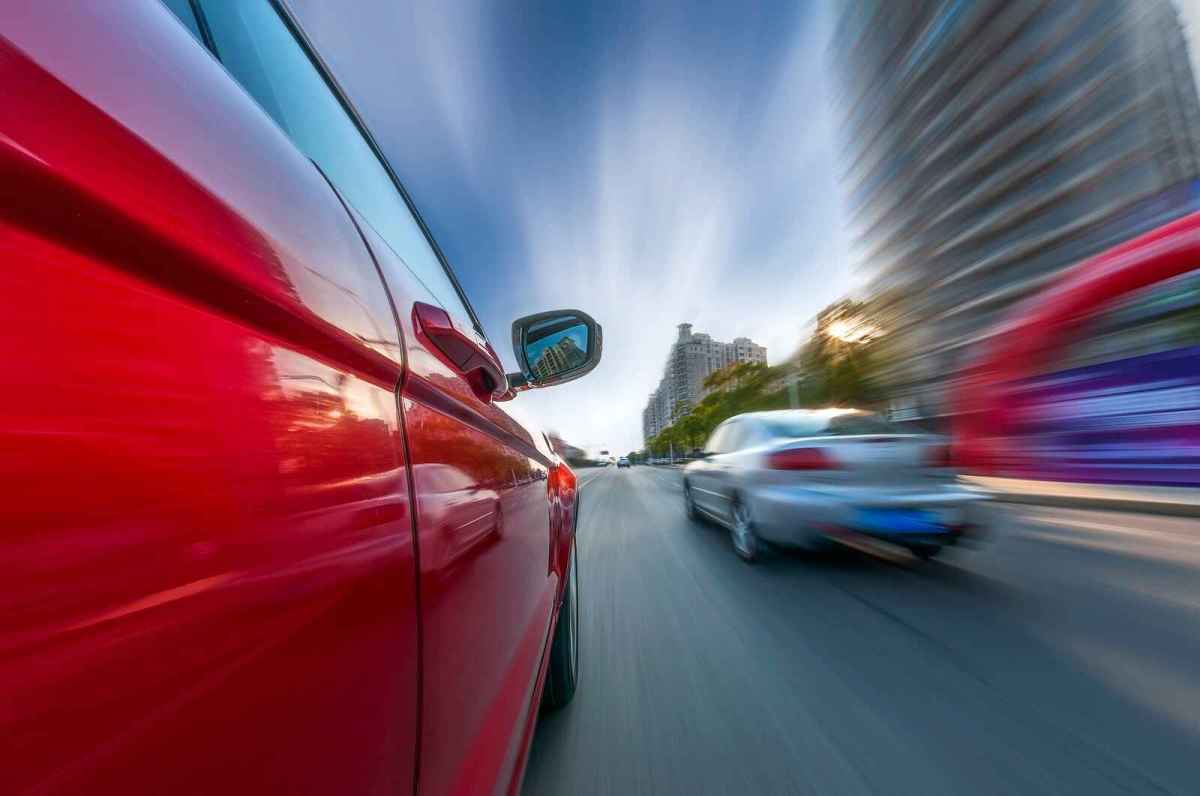And now, let’s delve into the age-old question: does tailgating actually increase speed or have the opposite effect?
Tailgating, or the practice of driving closely behind another vehicle, is a behavior that is often associated with attempts to increase speed on the road. However, the reality is that tailgating can actually have the opposite effect and lead to negative consequences for both the tailgater and the driver being followed.
When a driver tailgates, they are essentially attempting to push the vehicle in front of them to increase their speed. This can create a dangerous situation on the road, as the tailgater is essentially trying to intimidate the other driver into driving faster than they may be comfortable with. This behavior can lead to increased stress and anxiety for the driver being tailgated, making it more likely for them to make mistakes and potentially cause an accident.
In addition to the potential for accidents, tailgating can also have the opposite effect of increasing speed. When a driver is being tailgated, they are more likely to feel pressured and become more cautious and focused on maintaining a safe distance from the vehicle in front of them. This increased focus on safety can actually lead to a decrease in speed, as the driver is prioritizing maintaining a safe distance over increasing their speed.
From a purely physical standpoint, tailgating does not actually result in increased speed. In fact, tailgating can have the opposite effect by increasing the risk of accidents and causing the driver being tailgated to become more cautious and slow down. This means that the common belief that tailgating can lead to increased speed is a misconception that does not hold up to scrutiny.
Ultimately, the act of tailgating is not only ineffective at increasing speed, but it also creates a dangerous and stressful situation on the road. Drivers who engage in tailgating are not only putting themselves at risk, but they are also endangering the safety of other drivers on the road. It is important for all drivers to prioritize safety and respect the space of other vehicles on the road in order to prevent accidents and maintain a safe driving environment for everyone.
In conclusion, tailgating does not actually increase speed and can have the opposite effect of causing drivers to slow down and become more cautious. This behavior creates a dangerous and stressful situation on the road and can lead to negative consequences for both the tailgater and the driver being followed. It is crucial for all drivers to prioritize safety and respect the space of other vehicles in order to maintain a safe and efficient driving environment. So, the next time you find yourself tempted to tailgate in order to increase speed, remember that it is not effective and can lead to dangerous outcomes. Instead, focus on safe and responsible driving practices to ensure a smooth and stress-free journey for everyone on the road.
